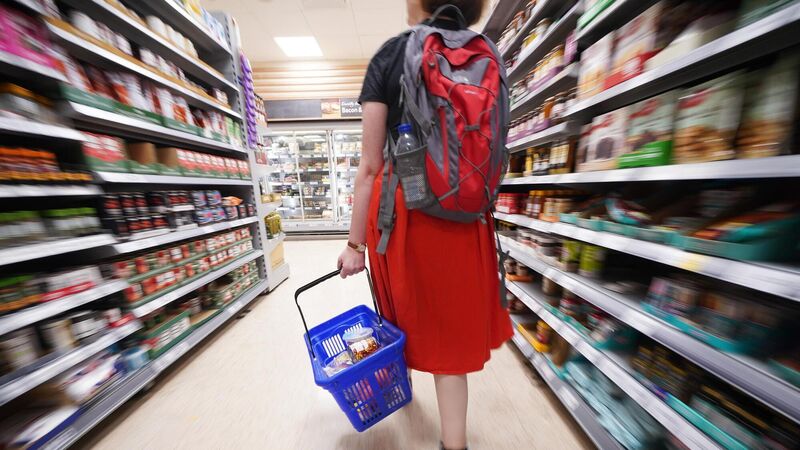Inflation drops to the lowest rate in over two years

Annual inflation during November stood at 3.9%.
The annual inflation rate has fallen below 5% for the first time in over two years as the European Central Bank (ECB) meets today to decide the future path of interest rates.
The ECB is expected to keep rates unchanged as well as push black against against financial markets that are betting big for a first rate reduction as soon as three months from now.














